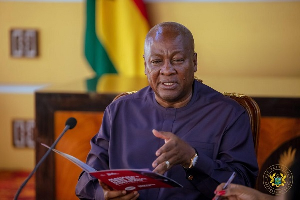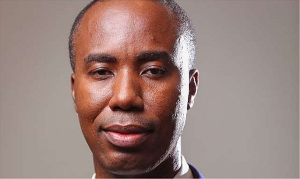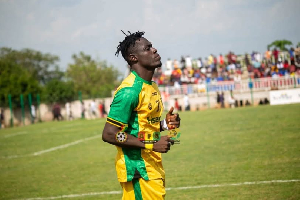Introduction
Most B visas are typically refused under section 214 (b) of the Immigration and Nationality Act (INA). A refusal under 214 (b) is a finding by the officer that you failed to show sufficient ties to justify your entitlement to the visa.
What is section 214 (b)?
Section 214 (b) is a provision in the INA. It states that any visa applicant is presumed to be an immigrant unless they can satisfy the consular officer that they are entitled to a NIV classification under section 101(a) (15) of INA. Thus to qualify for a visa, you must show that the purpose for which you seek the visa is consistent with the activities provided for under section INA 101 (a) (15) (B) relating to business, tourism or medical treatment.
So in essence, section 214 (b) does not constitute a separate ground of eligibility. You must either prove that you qualify under the B visa classification under section 101 (a) (15) (B) or you will be deemed to be an immigrant under 214 (b).
Section 214 (b) and Ties
The most common ground given for refusals under section 214 (b) is that you failed to show that you have sufficient ties to your home country. In determining whether you have ties, the officer will consider your employment, business and financial connections, close family ties, social or cultural associations and any other factor that will induce you to return to your home country.
Section 214 (b) is more than merely ties
While a failure to show sufficient ties is the most common reason for a refusal under 214(b) there are other reasons that may make you ineligible to receive a visa under 214(b). Thus if you fail to satisfy the consular officer that you meet the standards required by the B visa classification, you will be refused under INA 214(b) regardless of your financial situation or ties. For example, the consular officer will refuse your application notwithstanding your ties if they are not satisfied that you will maintain B visa status by engaging in unauthorised employment.
What can I do if I am refused under section 214 (b)?
A refusal under section 214 (b) is not permanent. This means that you may reapply at any time after your refusal. The determination that you do not qualify for a B visa can be made only on the basis of the facts existing at the time of your visa application. The law therefore requires consular officers to give full consideration to any evidence presented by you to overcome a refusal under 214 (b).
Thus, the fact that you could not prove that you qualify for a B visa at one time would not preclude you from subsequently qualifying for the visa by showing a change in circumstances. Unfortunately, a number of people may be unable to show sufficient ties and may not qualify for a B visa regardless of the number of times they reapply.
What must I do if I wish to reapply?
You may reapply against a 214 (b) refusal if you can demonstrate additional evidence of ties or a change in circumstances. The law does not set any time limit within which you may reapply. However, consular officials generally presume that to establish a change in your circumstances, there has to be a reasonable time between your previous refusal and your reapplication. So generally, a minimum period of 6 months is considered sufficient time to establish a change in circumstances.
In considering whether to reapply, you may consider these factors: One, you may consider whether you explained your situation accurately at the interview. Two, you may also assess if the consular officer overlooked something in your application. Finally, you may consider whether there is any additional information you can present to establish your ties. If your answer to any of these is a negative, then you may be unlikely to succeed in your reapplication.
By Emmanuel Opoku Acheampong
Disclaimer: This article only provides general information and guidance on US immigration law. The specific facts that apply to your matter may make the outcome different than would be anticipated by you. The writer will not accept any liability for any claims or inconvenience as a result of the use of this information. The writer is an immigration law advisor and a practicing law attorney in Ghana. He advises on US, UK, and Schengen immigration law. He works part-time for Acheampong & Associates Ltd, an immigration law firm in Accra. He may be contacted on acheampongassociatesgh@gmail.com
Opinions of Friday, 26 February 2016
Columnist: Acheampong, Emmanuel Opoku














